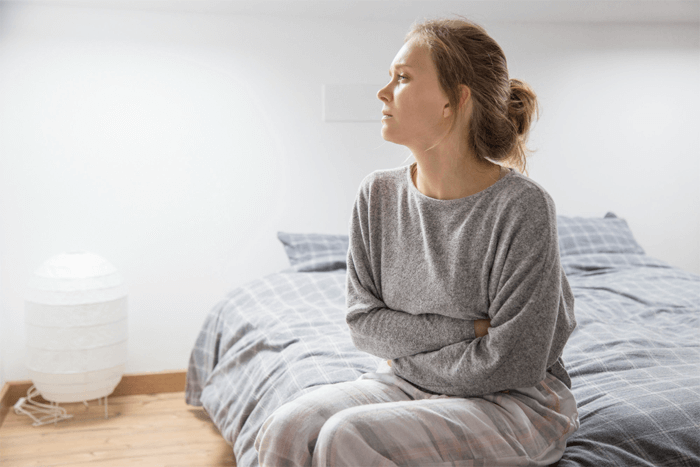Let’s talk poop!
Before we begin, let’s get all of the jokes out now. Go ahead, really clear the air. Most people know squat about poop. There are several factors at play when it comes to sustaining a healthy gut. Since the advent of germ theory, it seems that every time there is a mention in the news about an emergence of viruses, bacteria, or parasites people go insane and buy all of the sterilizing agents and wipe down everything. The goal is to kill everything that’s not human. This logic is inherently flawed when you realize that there are FAR more cells of bacteria within your body than there are cells that make up your body. The figures out there range up to 90% bacteria to 10% human by ratio of number of cells. That’s a lot of cells that aren’t yours! To put that into perspective, if I served you a roast beef sandwich and it was 90% fecal matter, would you be willing to call that a roast beef sandwich? (For some reason I feel the need to put a disclaimer in here to NOT EAT fecal matter.) We are humans, and most of what makes us human are not human cells. So weird!
Read More
Benefits of Stool Testing: A piece of the puzzle
The gut microbiome is so much more complex than anyone ever imagined, and its balance is very fragile. How do you know what your balance is? This is where stool testing comes into play. With the results, we are able to see population levels of “good” and “bad” bacteria, inflammatory markers, immune function, parasites, and how well your digestive system performs at breaking down various macronutrients (proteins, fats, and carbohydrates). Utilizing it in conjunction with a food test gives us an even clearer picture of the health of your gut and the shortest path we can take to restore gut function.
Balancing your Gut Microbiome
What are some signs of an unbalanced gut microbiome? If you’ve ever been prescribed antibiotics or eaten a seemingly innocuous food that causes symptoms such as gas, bloating, cramps, diarrhea, constipation, etc. then you likely have an imbalance. Each species of bacteria has their own specific diet. If the mix of bacterial species in your gut does not feed off of what you’re eating, they become starved, stressed, and may potentially die off, leaving you with symptoms. The best way to feed your microbiome is to vary your diet with healthy options so that all the different families of bacteria can thrive. They are all as interconnected with each other as they are with you. Keeping them healthy and diversified will give you a huge boost in your health and vitality.

